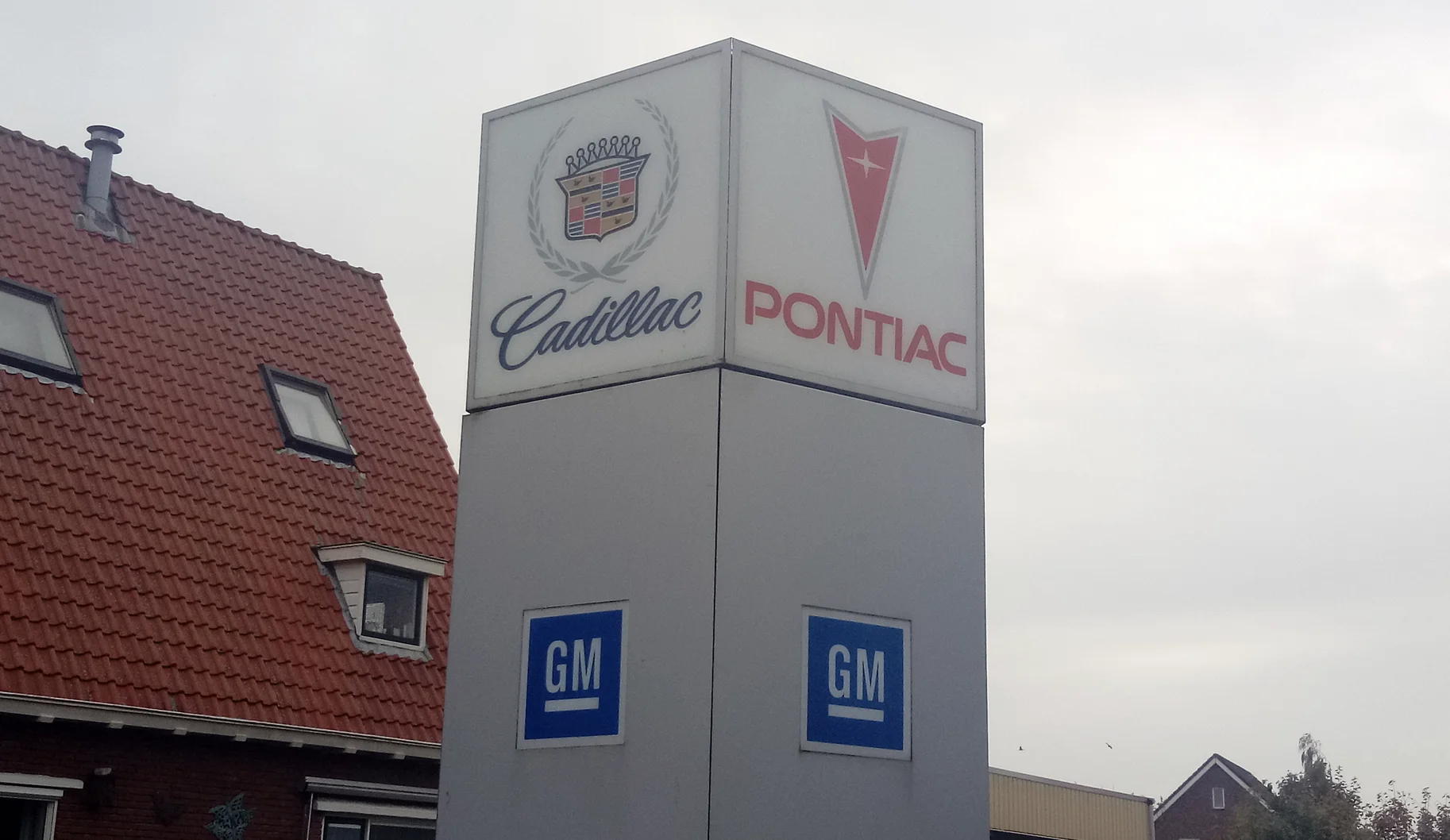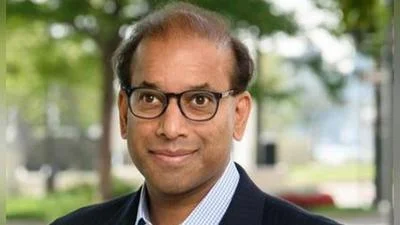General Motors vehemently denies reports of a rejected CATL proposal to deploy up to 1,000 workers at U.S. plants, despite temporary use of CATL batteries for the revived Bolt EV lineup. | Wikimedia Commons / Donald Trung Quoc Don
General Motors vehemently denies reports of a rejected CATL proposal to deploy up to 1,000 workers at U.S. plants, despite temporary use of CATL batteries for the revived Bolt EV lineup. | Wikimedia Commons / Donald Trung Quoc Don
Amid heightened scrutiny of Chinese industrial ties, General Motors says it is not partnering with Chinese-owned electric vehicle battery maker Contemporary Amperex Technology Co. Limited (CATL).
“Our battery partners are LG Energy Solution and Samsung SDI,” GM communications representative James Cain told Detroit City Wire.
A source close to the matter told Detroit City Wire that GM rejected a proposal, made by CATL to GM and other auto manufacturers to deploy up to 1,000 Chinese workers to American soil.
The overture, allegedly aimed at jumpstarting construction and operations at U.S.-based battery plants, would likely rely on the H-1B visa program for skilled foreign labor, according to those familiar with the discussions. However, GM, the largest automaker in the United States, stands by its assertion that no such offer was received, much less rejected, and emphasized that its plants employ no Chinese nationals.
In 2023, Ford Motor Company announced plans to build a $3.5 billion battery plant in Michigan using licensed technology from CATL. Ford said the site would be operated by its own employees and would produce lithium-iron-phosphate (LFP) batteries for future electric vehicles, including the F-150 Lightning and Mustang Mach-E, according to Reuters.
Lawmakers later questioned whether the deal could involve Chinese nationals working in the United States. A January 2024 letter from the House Select Committee on the Chinese Communist Party warned that “several hundred” of the 2,500 jobs at the plant might go to employees of CATL from China who would oversee setup and maintenance of the equipment, Fox Business reported.
In August, GM announced plans to import CATL batteries for its revived low-cost Bolt EV lineup, a stopgap measure until domestic production ramps up with partner LG Energy Solution. These plans, however, include no plans to hire Chinese labor in GM plants, according to the source.
CATL has faced relentless bipartisan backlash in Washington over its ties to the Chinese military, fealty to the Chinese Communist Party (CCP) as well as CATL's connections to CCP forced labor.
Just months ago, in January 2025, the U.S. Defense Department added CATL to its Section 1260H list of Chinese entities allegedly supporting the People's Liberation Army, triggering a 2.8% plunge in its Shenzhen-listed shares and erasing $4.4 billion in market value overnight.
CATL has vehemently denied the designation, insisting its operations are civilian in nature and vowing legal action to contest the label.
Meanwhile, lawmakers, led by House Select Committee on the Chinese Communist Party Chairman U.S. Rep. John Moolenaar (R-Mich.), have repeatedly warned that such collaborations embed "potential backdoors" into U.S. critical infrastructure.
In July, Moolenaar's panel opposed timeline extensions that could funnel federal funds to CATL-linked projects, while Mike Gallagher, former U.S. representative of Wisconsin's 8th Congressional District, decried reliance on China-made energy hardware as "literally embedding potential backdoors."
Ford has pressed ahead undeterred, announcing in early July that a $3 billion Marshall, Mich. EV manufacturing facility remains on track for federal tax credits.
Yet critics, including former Michigan Chamber of Commerce CEO Richard Studley, have lambasted Ford’s deal as "totalitarian" and accused state economic development officials of negligence that allowed potential pollution risks from the project.
Studley, in a pointed critique, claimed the Michigan Economic Development Corporation's oversight lapses could taint local waterways like the Kalamazoo River.
CATL's aggressive U.S. overtures coincide with its blockbuster financial maneuvers, including a $4.6 billion initial public offering in May, the largest global listing of 2025, which drew subpoenas from Moolenaar's committee probing U.S. banks like JPMorgan Chase and Bank of America for underwriting what he called a pipeline to fund the Chinese military.
"If JPMorgan and Bank of America proceed with this IPO, they risk complicity in underwriting genocide, undermining American industry, and endangering U.S. service members,” Moolenaar said.
Atlas Tool Works President Zach Mottl echoed the sentiment in May, has insisted "no U.S. dollar should support companies tied to the Chinese military."
Even as CATL eyes American expansion, geopolitical headwinds are mounting.
A House GOP amendment to a September spending bill threatened to bar federal purchases of Ford and Tesla vehicles over their CATL connections, while experts like Dunne Insights CEO Michael Dunne warned of China's battery overproduction, now triple global demand, flooding markets and squeezing U.S. startups.
Polaris National Security President Gabriel Noronha has labeled CATL and peers like Gotion as CCP-tied infiltrators in the supply chain, a view Moolenaar amplified in August by hailing the Pentagon's list addition as a bulwark against "loaded guns" aimed at U.S. economic security.
As the Trump administration tightens H-1B scrutiny, recently imposing a $100,000 fee per visa and sparking a rush of filings, CATL's worker proposal highlights the thin line between innovation and infiltration in the EV arms race.
Analysts see little near-term relief.
Morningstar's Ivan Su noted CATL's U.S. exposure remains limited but vulnerable to further decoupling, while Craig Singleton of the Foundation for Defense of Democracies warned that Washington's "garden of sensitive technologies" is growing, with barriers fortifying fast.





 Alerts Sign-up
Alerts Sign-up